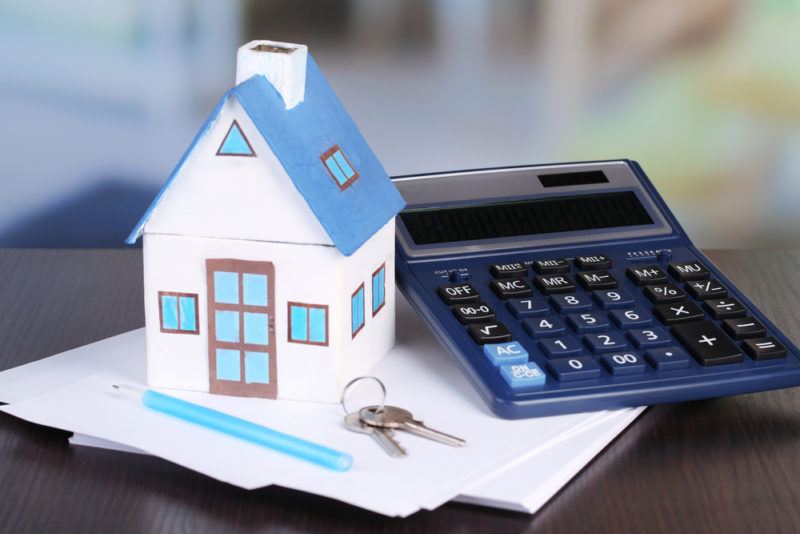Published October 4, 2023
What Are The Typical Closing Costs For Buyers In California?

Closing costs are a combination of service fees and taxes collected at the final stage of a real estate transaction.
When you buy a home in California, local government entities are paid a portion of taxes before a change in ownership takes place. Vendors that provide real estate services -- the things that make sure the deal is on a sound footing (title companies, lenders, etc.) -- are paid at closing.
Both buyers and sellers are responsible for certain closing costs during the final stage of the home buying process called escrow. There are two stages of the escrow period: the beginning of escrow and closing of escrow.
Here are a few characteristics of closing costs paid during the escrow period:
Fees and deposits are costs that are separate (over and above) the down payment amount
Fees and taxes vary by location (county and city)
Who pays what is negotiable, though local norms are typically followed without much variance
Beginning of Escrow
There are a few expenses buyers will incur prior to closing during the beginning of escrow period.
After a buyer makes an offer that is accepted by the seller, buyers will need to make an earnest money deposit on the home (a.k.a. good faith deposit) which tells the seller you are serious about buying the property. The typical earnest money deposit is 3% of the purchase price.
Buyers also have few non-refundable expenses at this stage - the home inspection and appraisal. Inspections identify any problems with the home (plumbing, electrical, roof, etc.) and the appraisal is an estimate of the home's current market value.
Closing of Escrow
If the home appraises as expected and all the contingencies are met (such as repairs to issues that surface during the inspection, agreed-upon move out date of the seller, etc.), then the deal moves into the closing of escrow period.
Closing Costs for BUYERS in California
Home buyers can expect closing costs in California to average 2% to 3%. There are two types of expenses: one-time (non-recurring) and recurring (pro-rated or ongoing). For example, if you buy a home for $800,000, your one-time and recurring closing costs would range from $16,000 to $24,000. Let’s break out the fees by each type.
Non-Recurring Fees
These are the fees that are paid only once.
Downpayment (a percentage of the home's price, varies depending on mortgage program requirements)
Escrow Fees
Escrow – the fee paid for escrow services
Notary – the cost to verify signatures
Recording – fee for recording the change of ownership with the county government
Lender Fees
Mortgage origination – fees paid for originating the loan
Underwriting - the administrative cost of evaluating the borrower and the property
Processing – covers the paperwork and deal management
Flood certification – a risk assessment of the property
Discount points – fees to “buy down” the current market interest rate on a mortgage
Mortgage insurance – typically required by lenders when down payments are less than 20% of the purchase price of the home
Recurring or Prorated Fees
Recurring fees are items you can expect over the course of home ownership like property taxes. At closing, some funds are pulled aside to pay the first few installments of these ongoing expenses. This makes for smoother transition for the new homeowner while they adjust to a new payment schedule. You may hear the professionals working on your deal use words like “impounds” or “reserves” to refer to the collection of these upfront, prorated fees.
Generally, three months of home insurance and six months of property taxes are collected at closing. The lender collects the money and then disburses it on your behalf each month. This way, you won’t get hit by a big property tax bill all-at-once.
Prepaid mortgage interest – pays the interest portion of the monthly mortgage payment for the current month
Property taxes – usually six months of taxes will be held in an impound account
Hazard insurance – homeowner insurance premium
HOA dues – enough to cover the first two months





